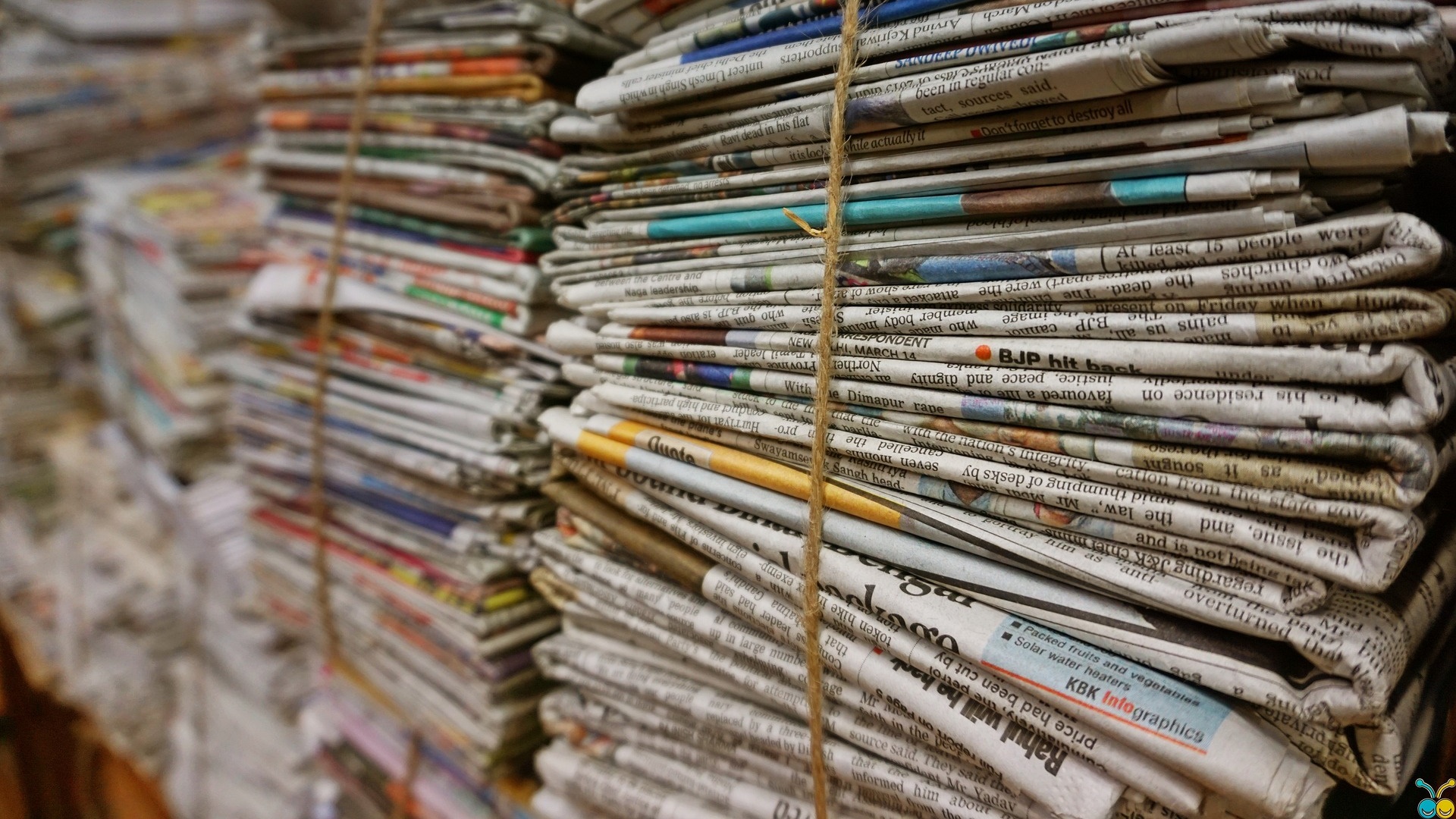- Caxton & CTP Publishers & Printers has published its interim results and it reads like a horror story.
- Revenue fell by as much as R127.5 million on the back of a sale and closure of a subsidiary, decline advertising revenues and slow sales.
- The publisher notes that business is unlikely to improve in the foreseeable future.
The publishers of many local newspapers, Caxton & CTP Publishers & Printers (simply Caxton from here on out), had a rather rough end to the year in 2023.
In the six months ending December 2023 [PDF], the publisher and printing company saw revenues decline by 3.3 percent or R127.5 million compared to the same period in 2022. The largest portion of that decline comes from the company selling and closing a subsidiary which accounted for R163.7 million loss during the period. The publisher says that without that, it would have increased revenue by R36.2 million.
However, when the bean counting begins for 2024, any increase in revenue may be lower as South Africans feel the pinch. Retailers aren’t buying Caxton products to put on the shelves because consumers clearly aren’t thinking about buying newspapers when food and other essentials seem on a constant upward trajectory. Adding to Caxton’s frustrations is the fact that raw materials are getting more expensive and the Rand’s is only getting weaker.
“There was a marked change to the past trends in our local newspaper business, where national advertising revenues declined by 6% year-on-year, mainly attributable to a decline in the technology and do-it-yourself markets which saw a 28% reduction in media spend. These customers were not lost in totality, but pagination and frequency in our papers was reduced to mitigate the large increase in printing cost on their business and the depressed trading environment. In contrast, the food retailers continued to use our medium and produced a stable performance, growing by 2% on the prior period,” Caxton said.
As far as advertising goes, things look grim on that side of the business as well. The publisher notes that advertising in the greater Johannesburg area fell off of a cliff as business owners respond to lower sales and increasing costs. Beyond that, advertisers are moving online as it tends to be more cost-effective than taking out advertising space in a magazine.
The one winner for Caxton during the reporting period was its packaging and stationery business. However, these are also constrained by the cost of raw materials as well as increased competition.
Truth be told, the results read like a diagnosis for a terminally ill patient.
“Trading conditions are not expected to improve for the remainder of the financial year and there is a risk that these could deteriorate further. This trend is likely to continue until the economy can show some meaningful growth and interest rates decline, to give the consumer respite. The Group will continue to manage costs closely, and remains on the lookout for suitable acquisition opportunities to deploy our cash reserves,” Caxton told investors.
While Caxton has done well to continue plodding along, the same can’t be said for countless other publications in South Africa. The fact of the matter is that all publications rely on advertising to fund operations and advertising has largely moved online.
The likes of Google, Meta and Amazon have cornered the only advertising market and their offers are generally more affordable than what a publisher such as Caxton charges. This is down to the fact that by charging less, Google, Meta and Amazon can attract more customers, offsetting any losses their cheap offer incurs. Quite simply, publishers can’t compete especially if they are producing a physical product.
As the company notes though, unless the economy experiences a sudden turnaround, the outlook for Caxton is rather grim.

